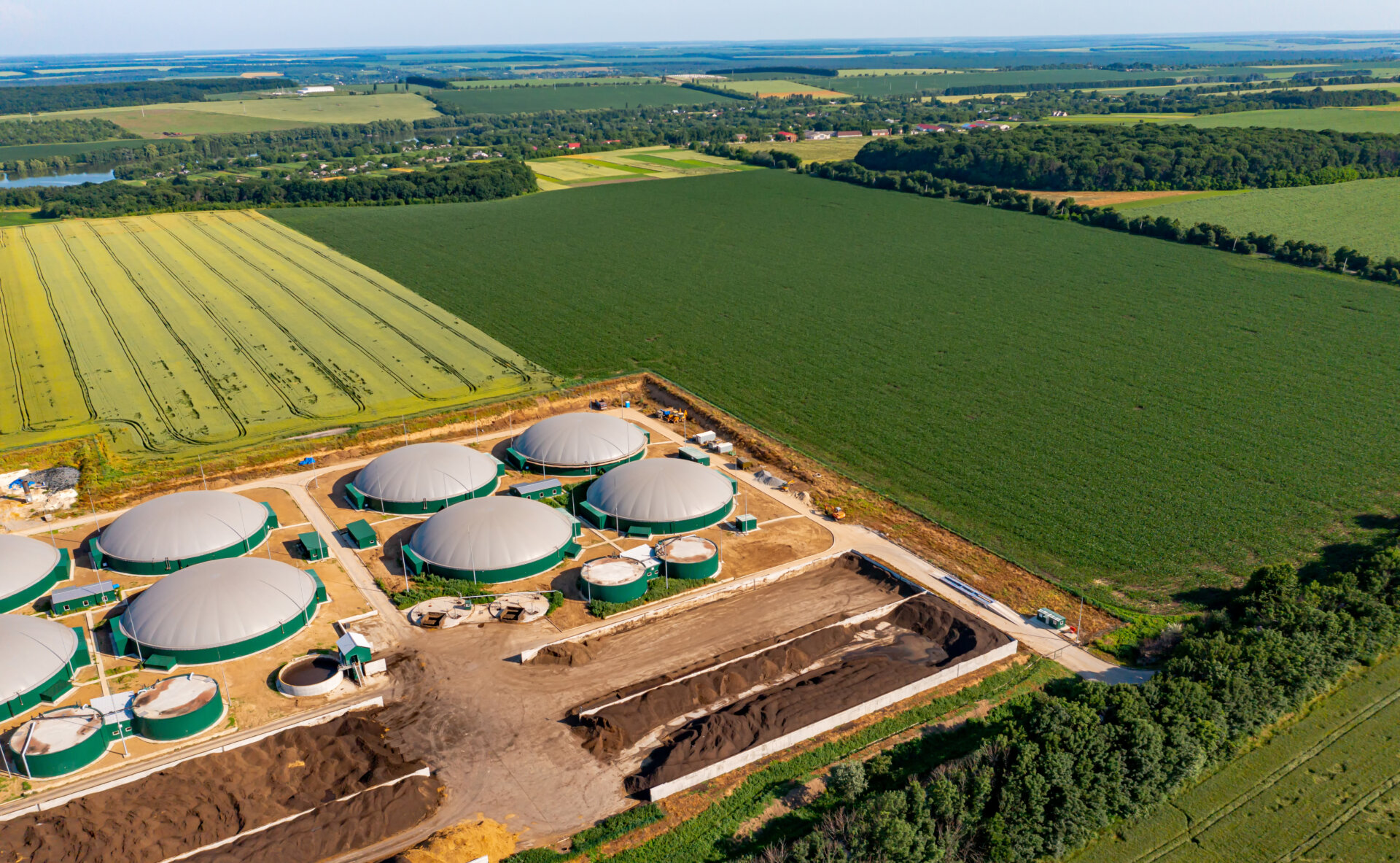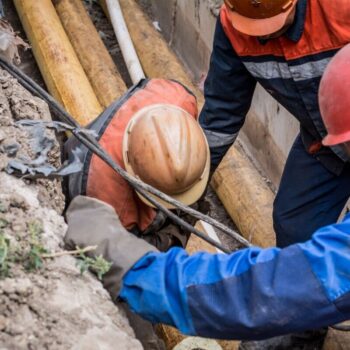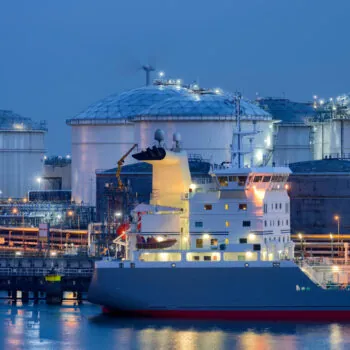EU member states’ National Energy and Climate Plans (NECPs) are vital roadmaps for achieving the ambitious goal of reducing greenhouse gas emissions by 55% by 2030 and 90% by 2040 compared to 1990 levels. Assessing the draft NECPs of four major gas-consuming EU countries against six benchmarks, shows clearly that challenges remain. Addressing them will both ensure alignment with the European Green Deal and enhance European energy security.
This analysis covers France, Germany, Hungary and Italy, collectively responsible for 55% of EU gas consumption 2021. Analysis of their plans for fossil gas use has revealed:
- The draft NECPs project an average reduction of gas use by 30% by 2030 compared to 2019. This is a significantly steeper projection in gas demand reduction than was made in the last round of NECPs from 2019.
- This trajectory aligns with the EU’s expected impact of implementing the Fit for 55 package. However, it falls short of the expected trajectory of halving gas use by 2030, as outlined in the REPowerEU initiative. A similar level of reduction as that halving, 48%, would be required to put the EU on track towards climate neutrality by 2050.
- The phase-down of fossil gas will occur sooner and faster than previously anticipated. This transition will challenge the energy system overall, particularly affecting gas infrastructure and workers. It will also have broader economic impacts. Failure to manage this transition could lead to higher consumer prices, reduced investor certainty and potential waste of public funds.
Recommendations to the European Commission and member states
- Member states must consider the implications of this misalignment and explore additional measures to bridge the gap. Their NECPs should detail structural measures to reduce gas consumption across industry, buildings, and power generation to meet the REPowerEU objectives and enhance their own energy security.
- Policymakers must establish a policy framework to manage the transition. The European Commission should develop policies to support the downsizing of gas infrastructure and ensure a just transition for the affected workforce. Doing so would set a clear pathway to facilitate a smoother transition across member states.
- The revision of the Governance regulation should ask for clearer reporting requirements, especially in the field of fossil fuel subsidies, gas infrastructure, and renewable gases projections. It should consider the reduction of gas demand as a key lever to improve energy security.
- The 2040 target communication and accompanying impact assessment should clarify the speed at which fossil gas is anticipated to phase out in different sectors after 2030 and the pathway for ramping up biomethane production.
Summary of countries’ performance against the benchmarks
| Benchmark | France | Germany | Hungary | Italy |
| 1. Aligning national gas consumption with overall EU trajectory | Data and plan | Data only | Data only | Data only |
| 2a. Assessing the feasibility and scale of gas networks to be decommissioned | Data and plan | No data | Data only | No data |
| 2b. Preparing the gas network for a reduction in fossil gas use | Data only | Data only | No data | No data |
| 3. Addressing fossil gas subsidies and having a plan to phase them out | Data only | No data | No data | Data only |
| 4. Assessing the potential for renewable gas development | Data only | Data only | No data | Data only |
| 5. Assessing and addressing the social and economic impact of gas consumption decrease | No data | Data only | No data | Data only |
| 6. Phasing out long-term gas contracts in line with declining fossil gas use and climate targets | No data | Data only | No data | No data |
Table 1: The performance of NECPs from France, Germany, Hungary and Italy against E3G’s gas benchmarks.



